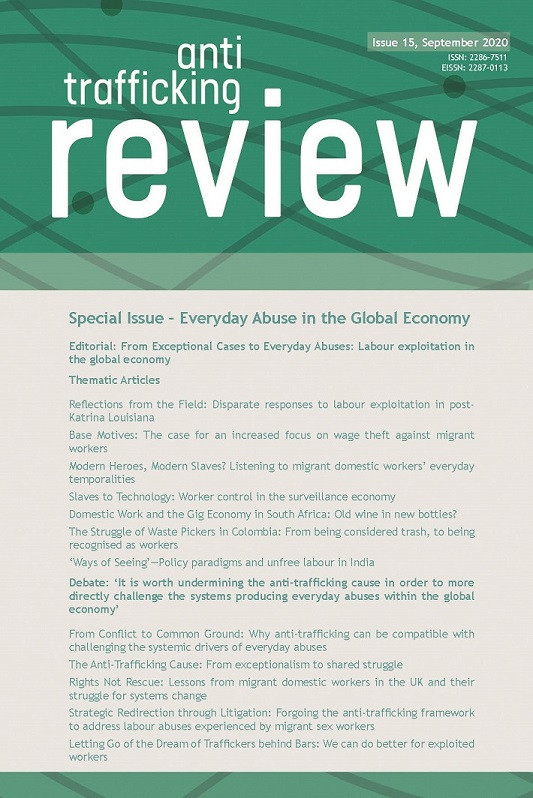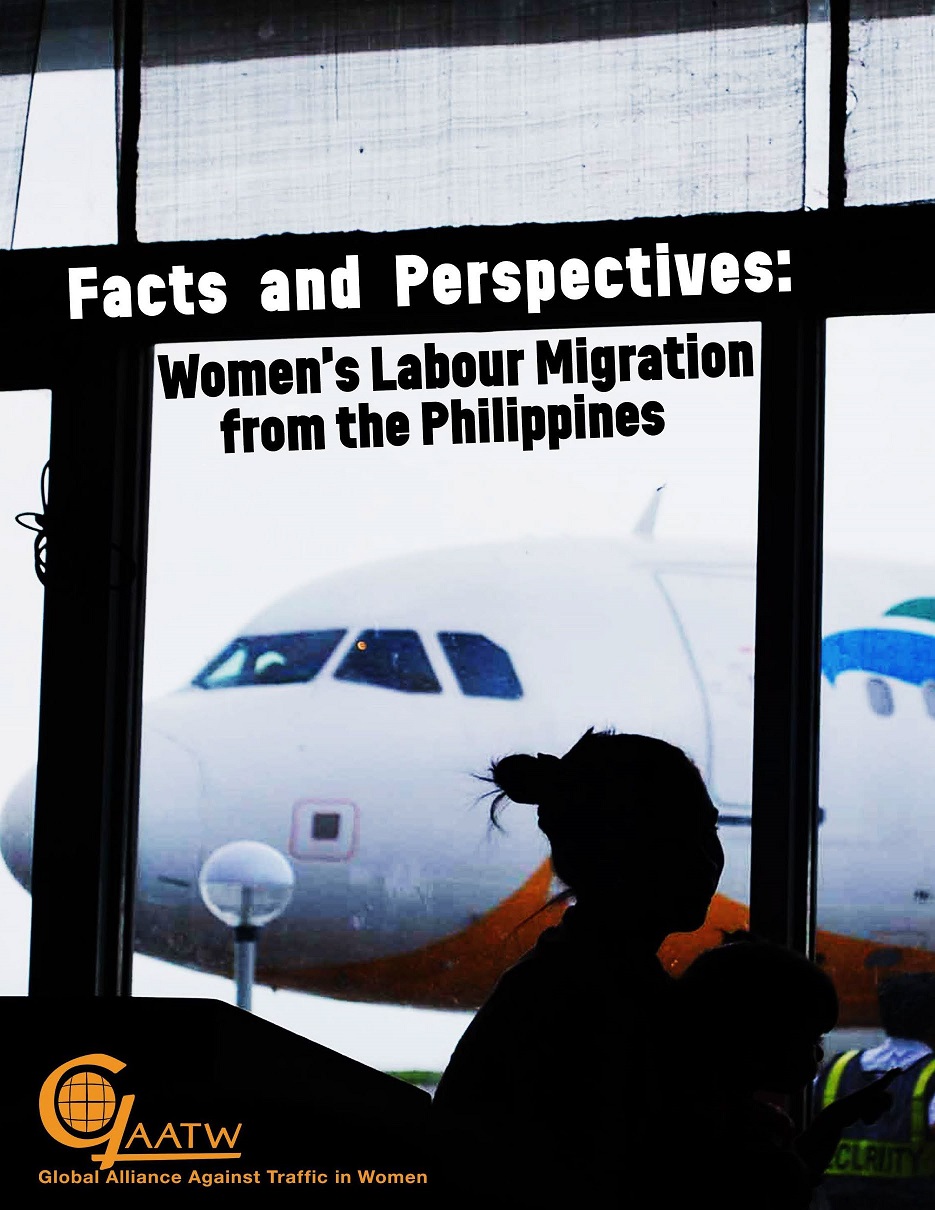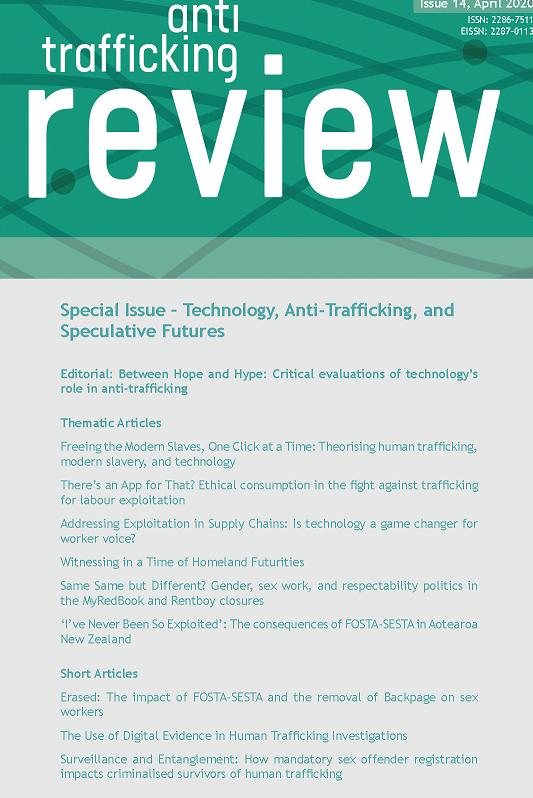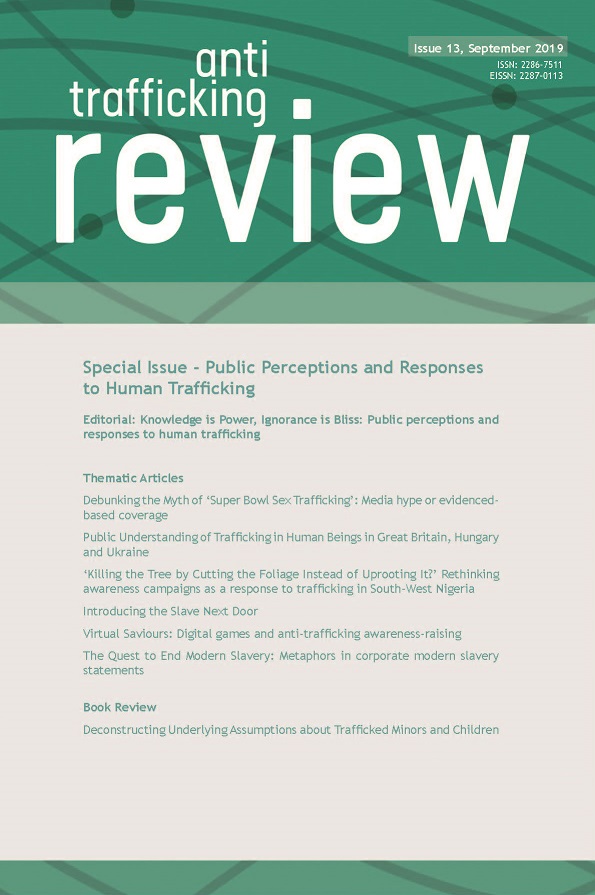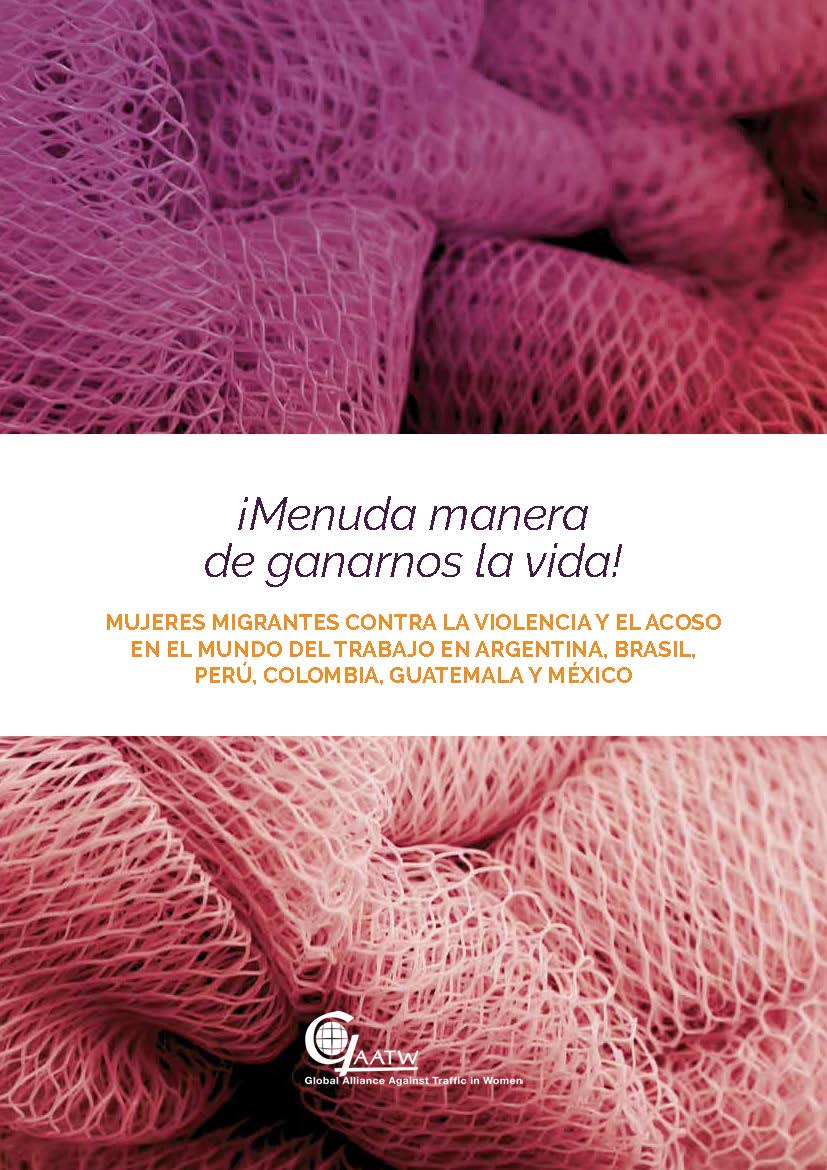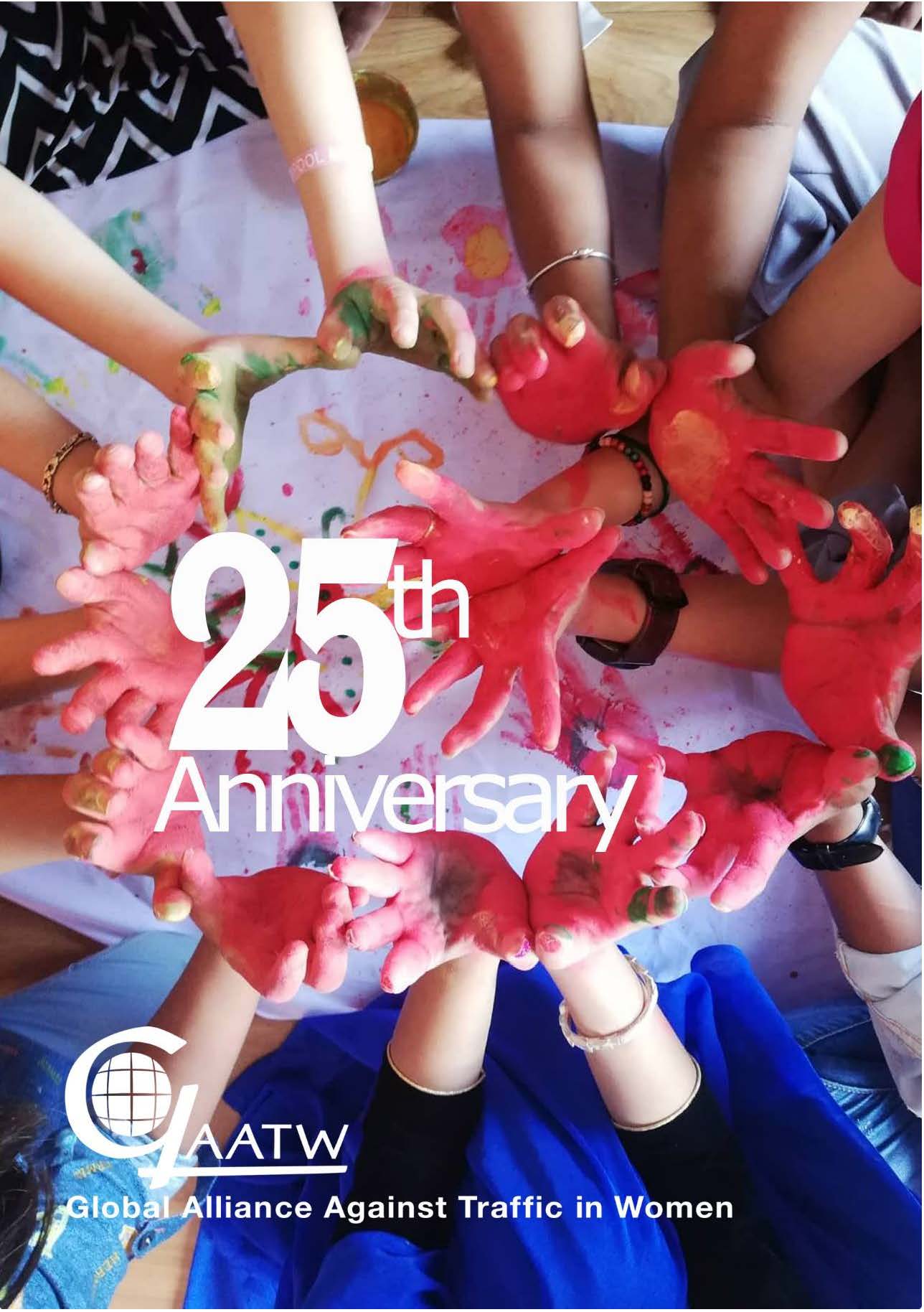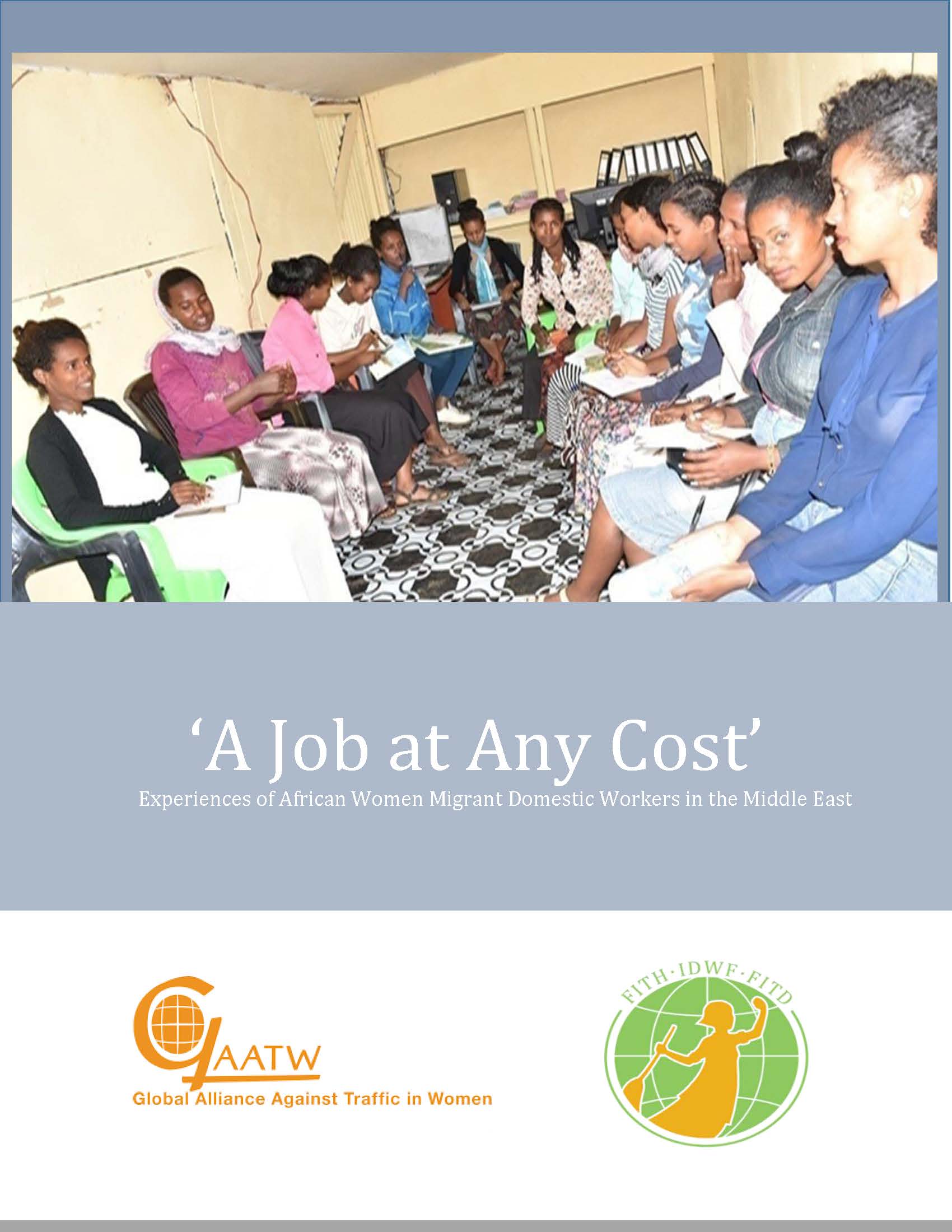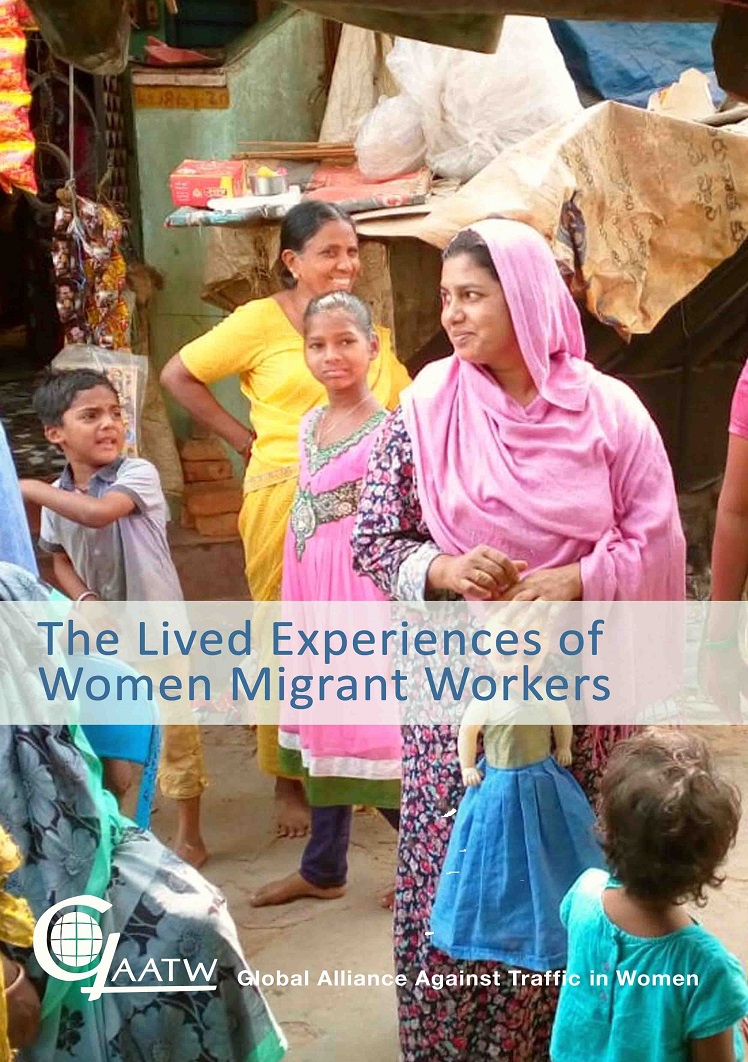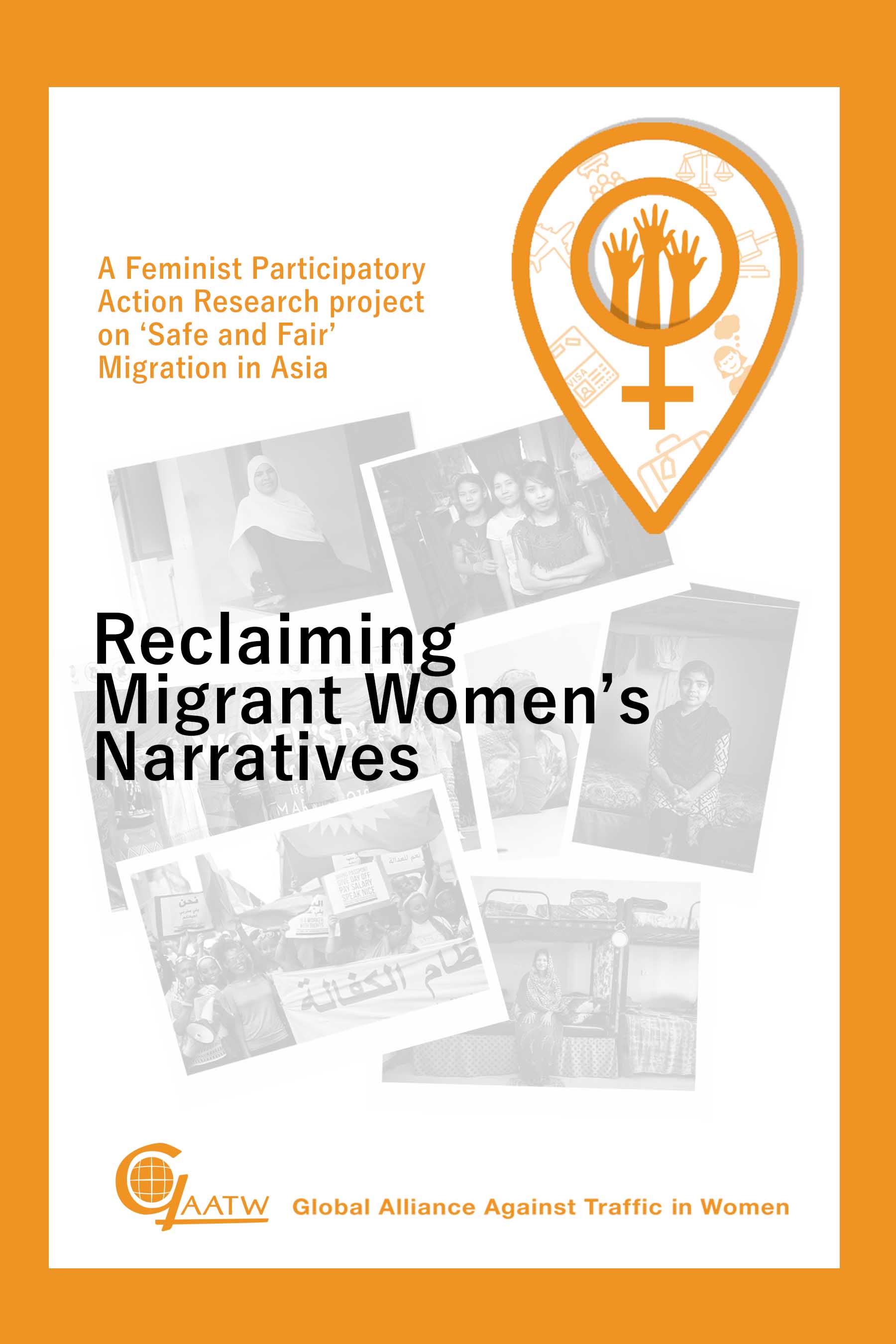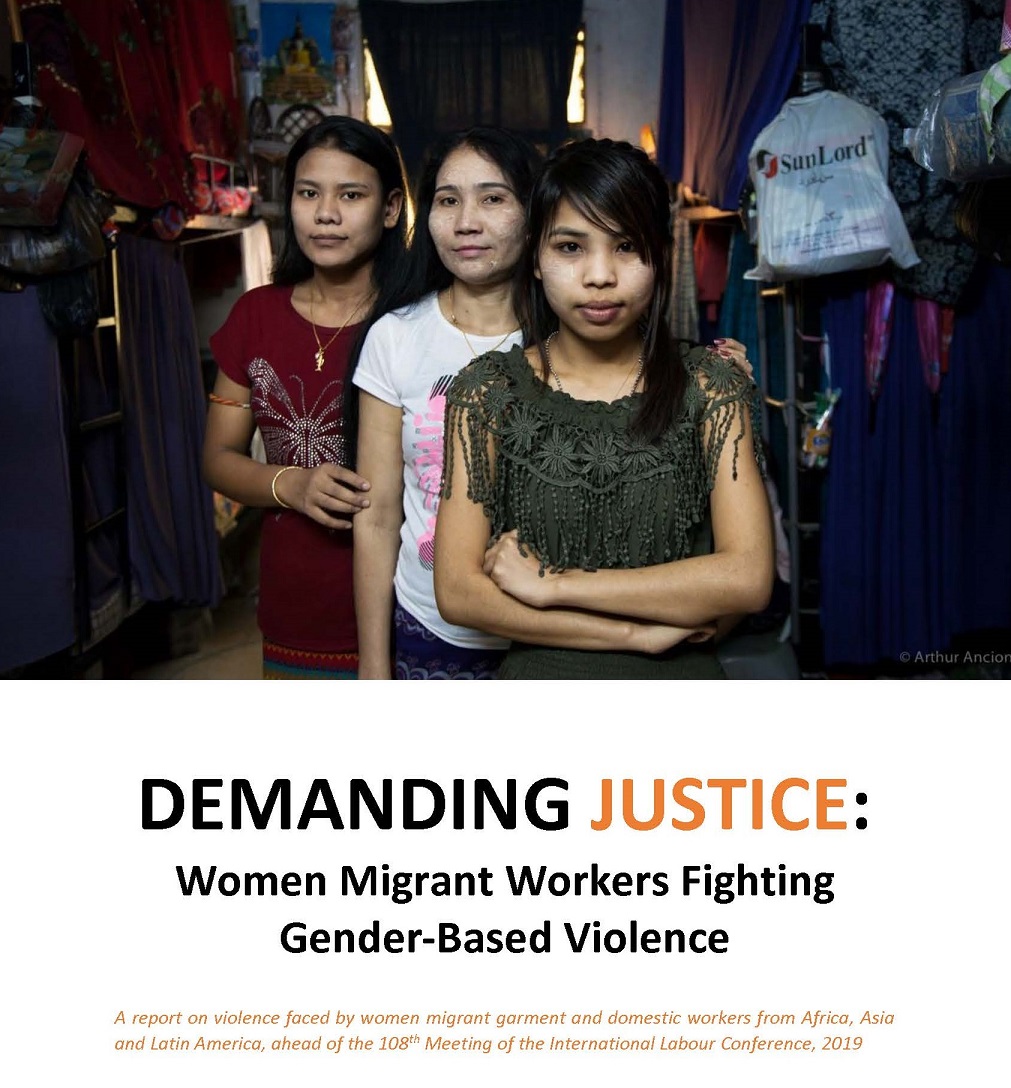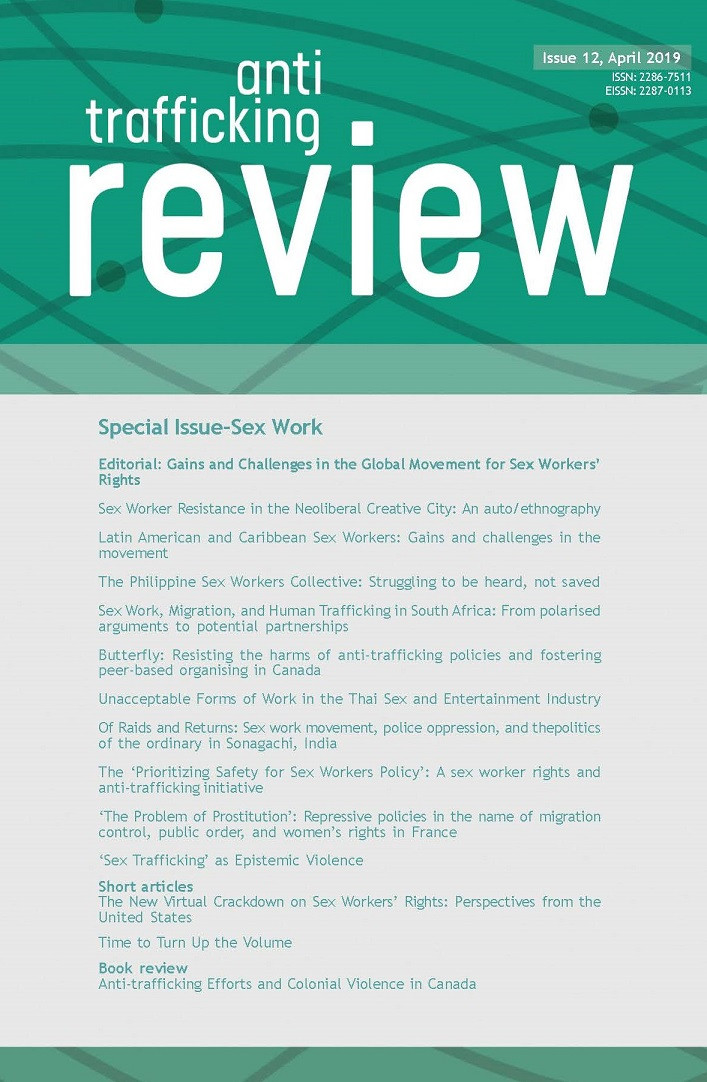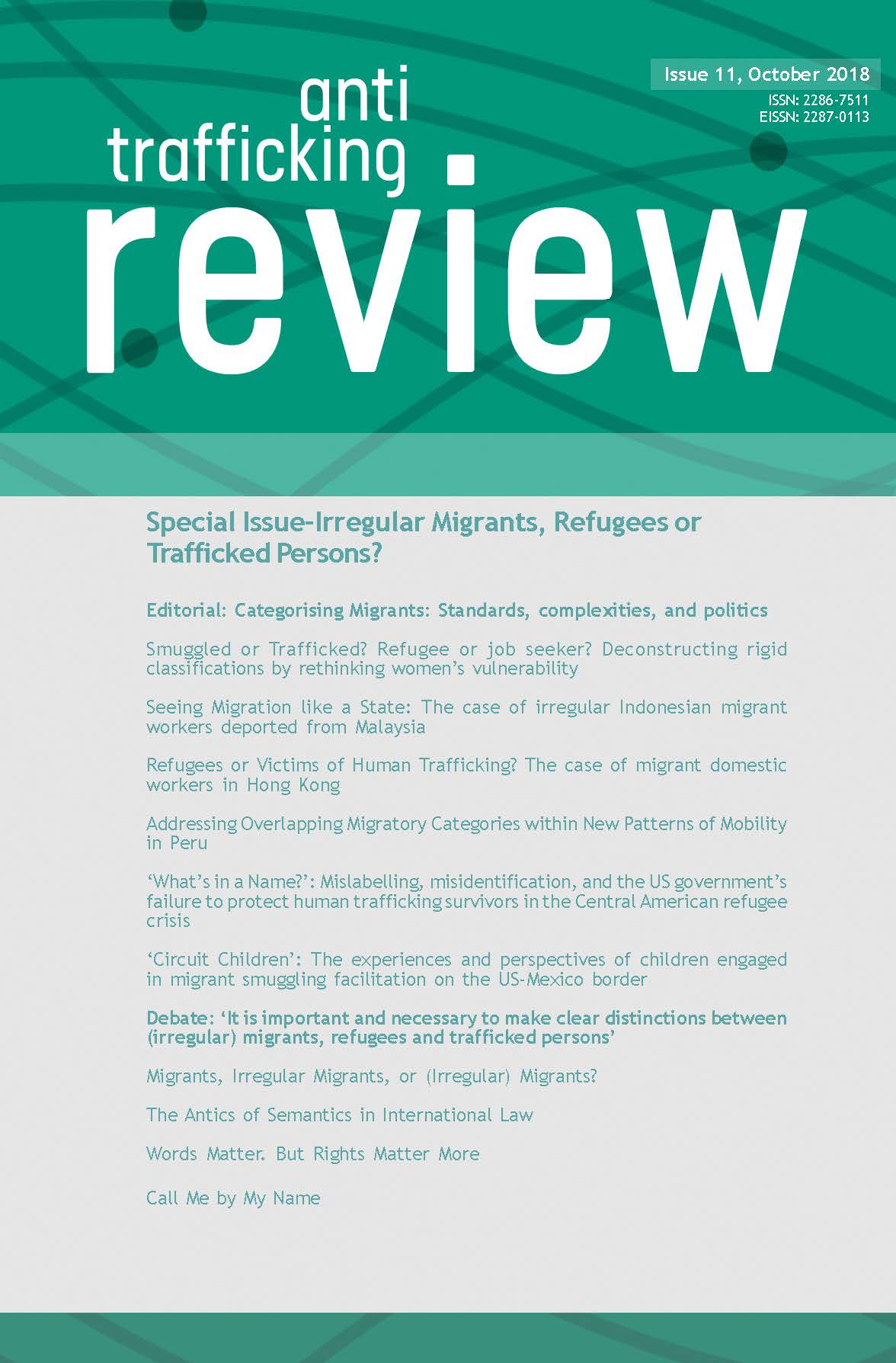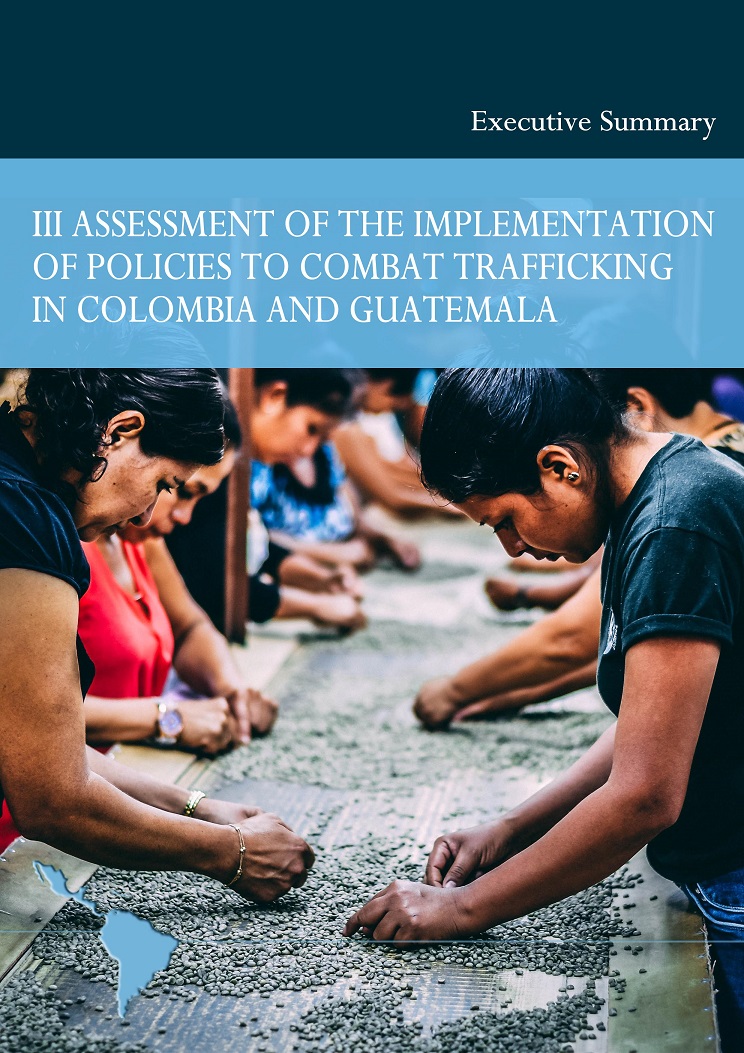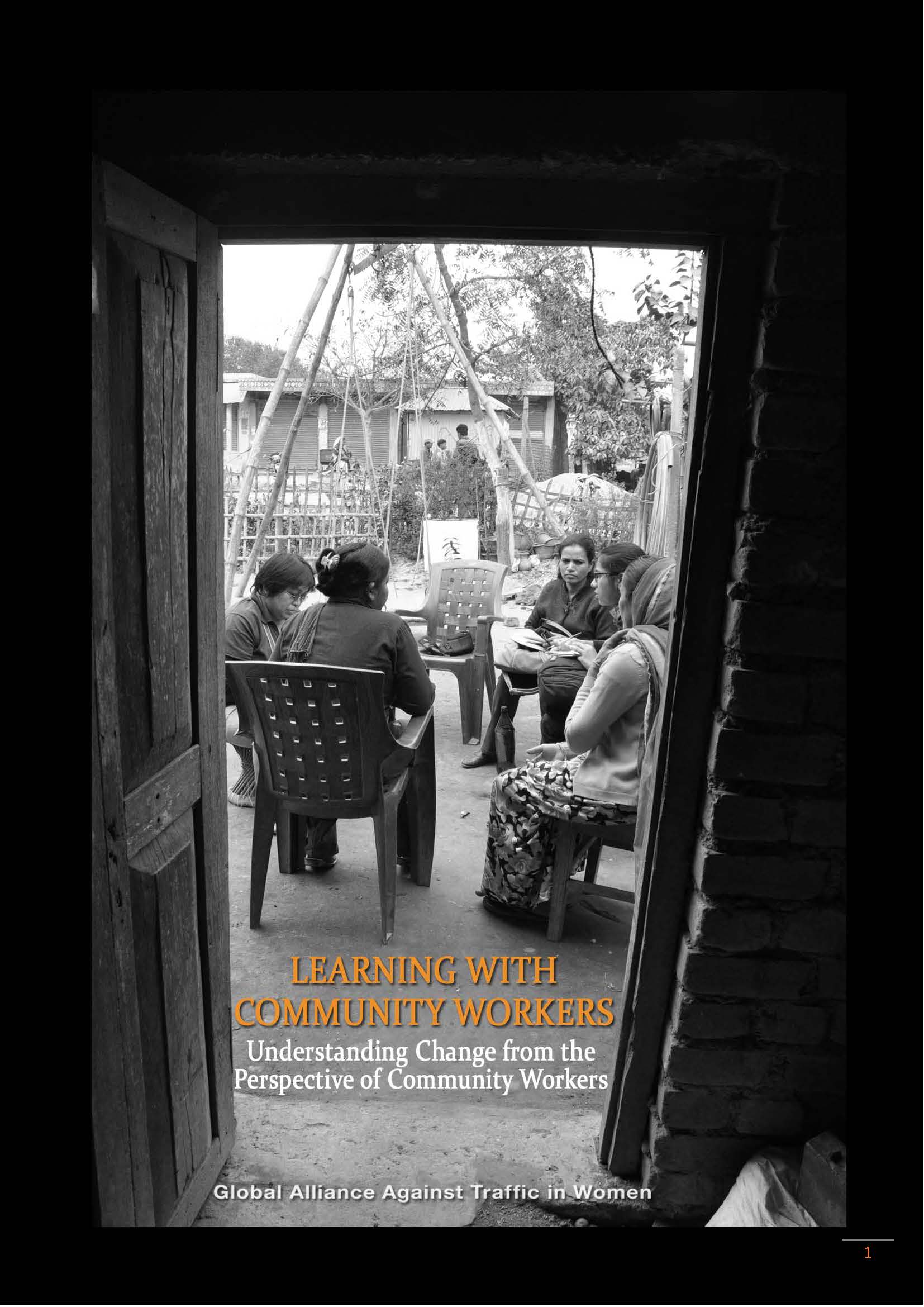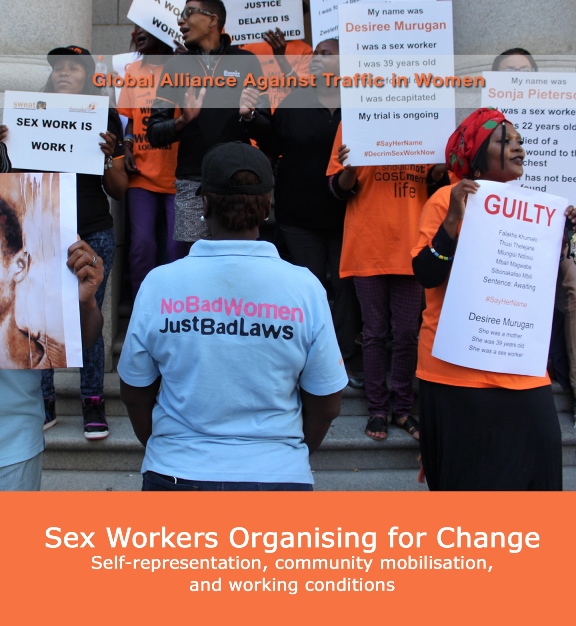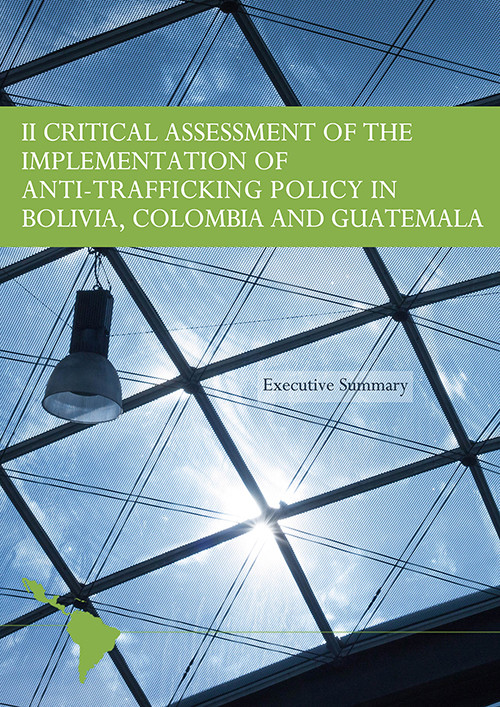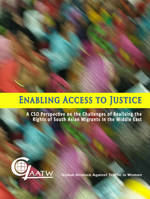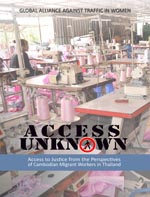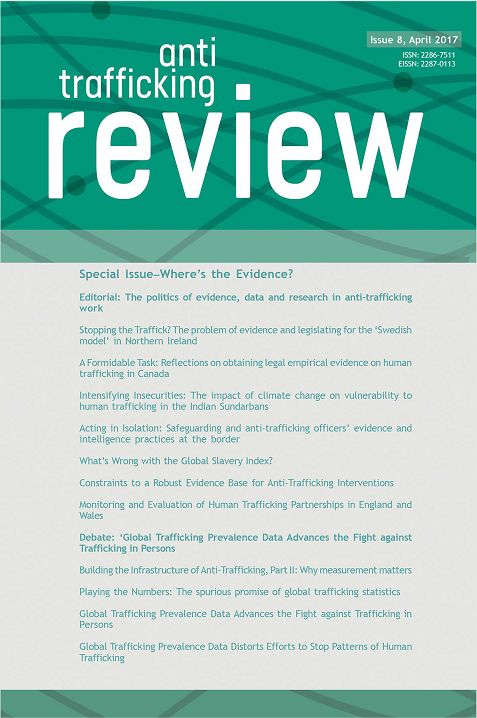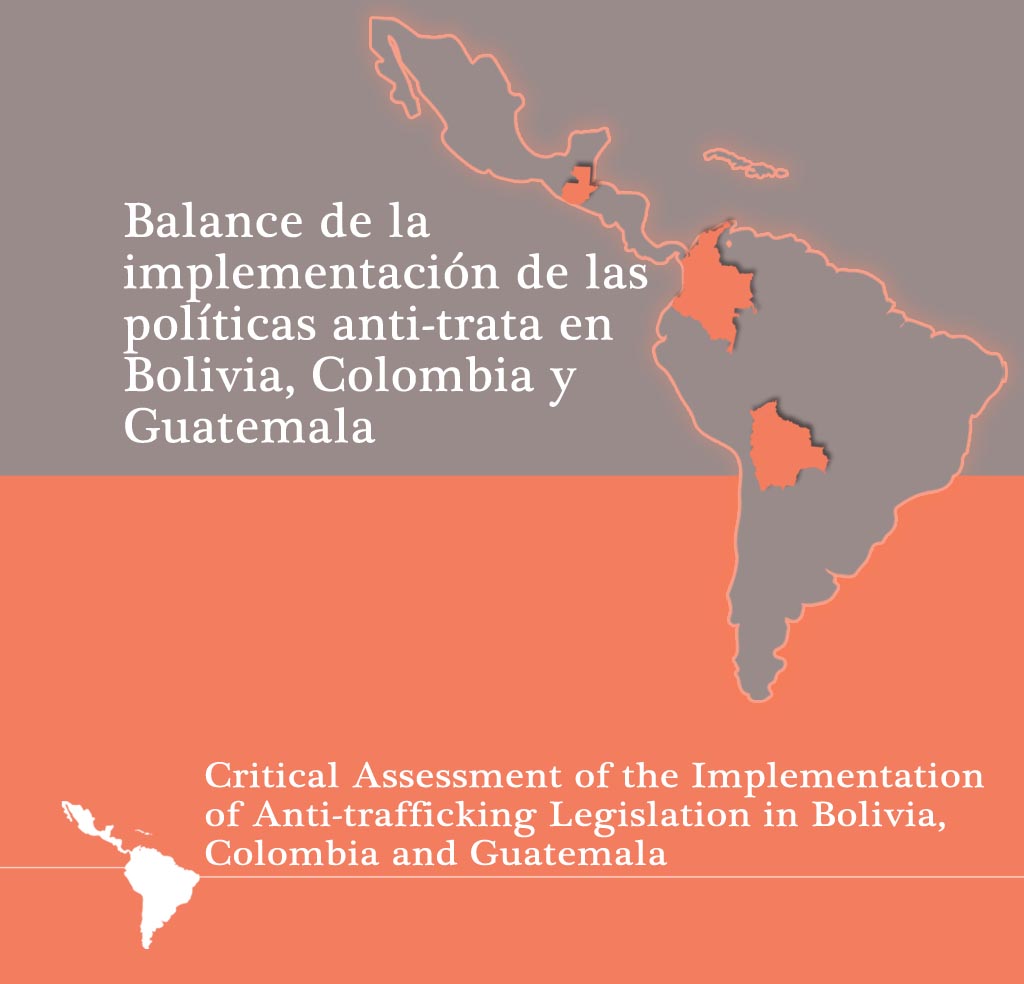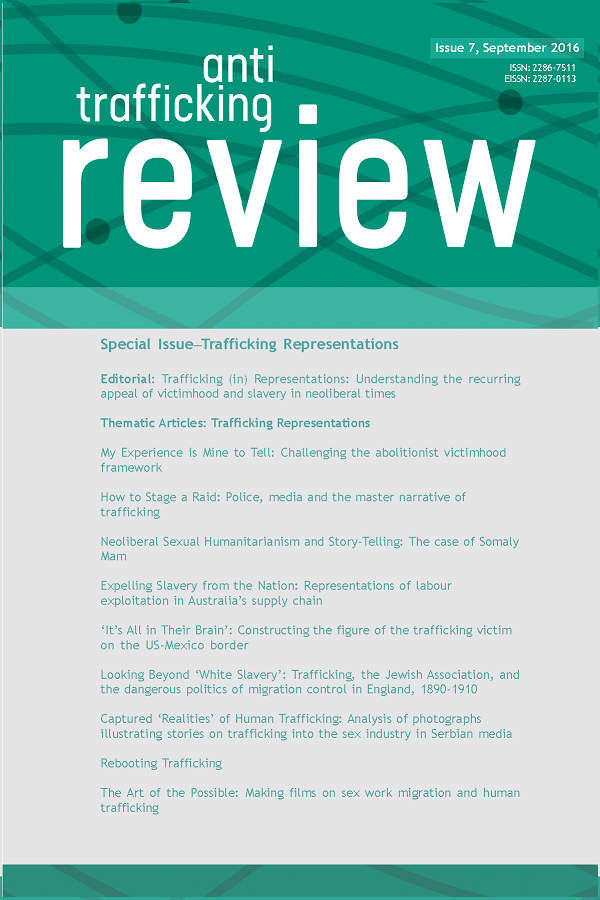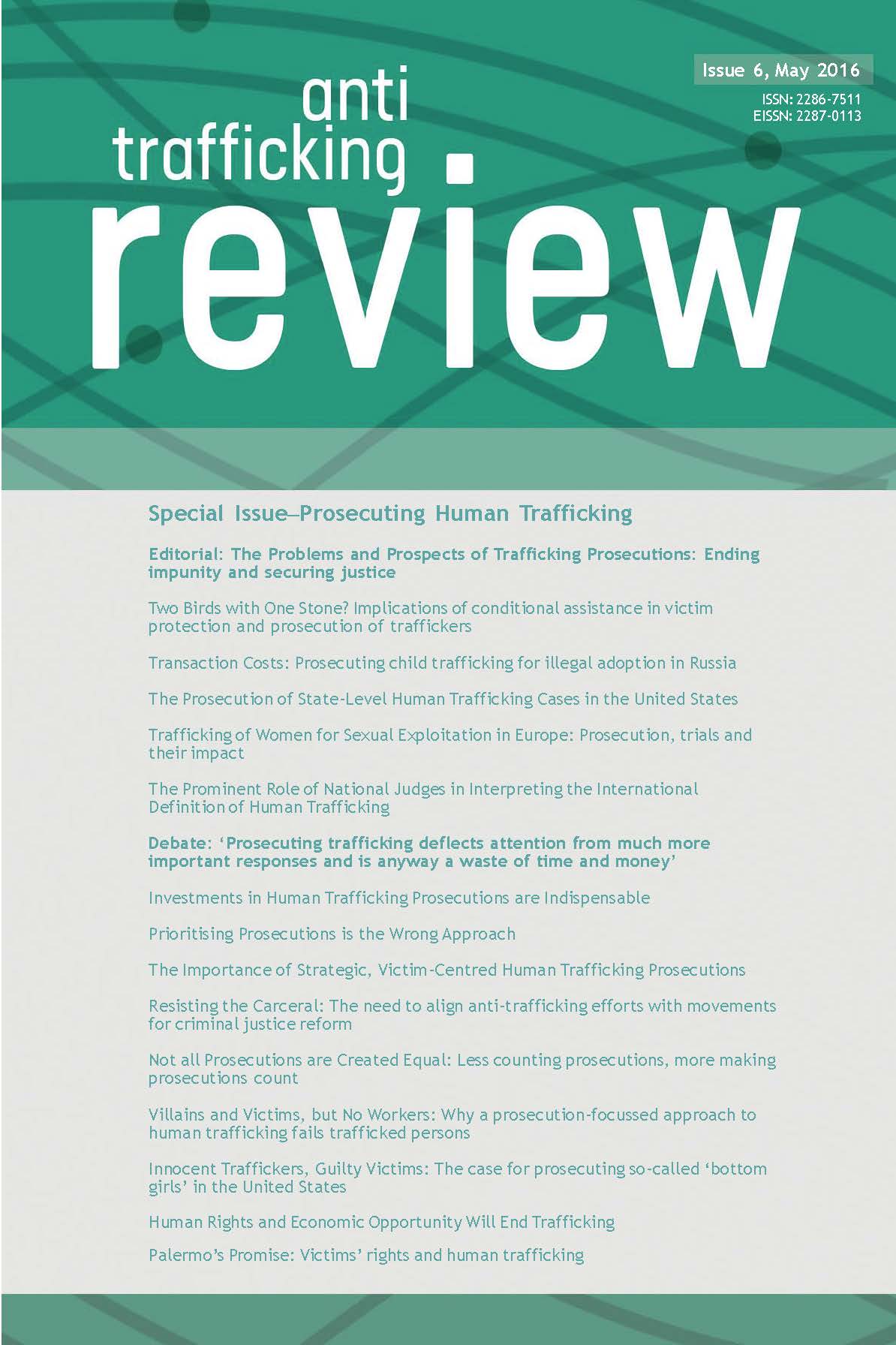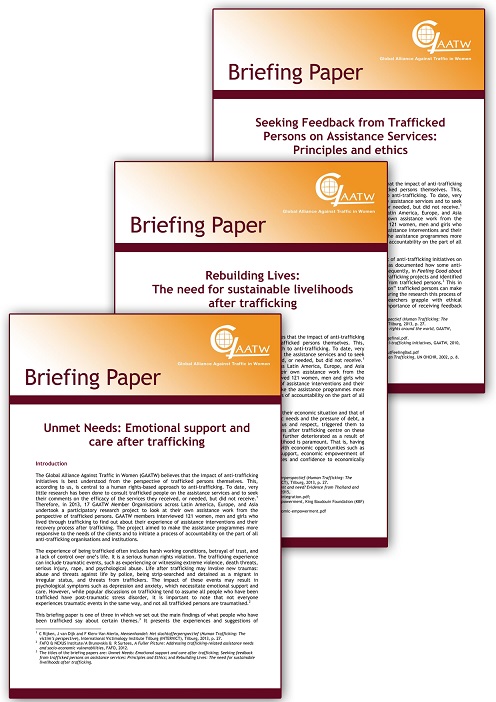E-Bulletin March 2016 - News from the GAATW International Secretariat
Migration bans do not protect the rights of women, only push them into taking more risky options
On International Women’s Day GAATW-IS issued a statement calling for an end to restrictions on the migration of women domestic workers, particularly in South Asia. Such bans have been justified as a way to prevent trafficking, exploitation and abuse but have, in fact, often made women more vulnerable to abuse.
The statement is based on a 2015 joint study by GAATW and the ILO, exploring the effects of bans on women’s migration for domestic work in Nepal. The study found that the bans limit women’s economic opportunities in their most productive years and prevent them from supporting themselves and their families. They also placed women at greater risk of abuse during their journey, and gave them less control over their migration experience. These bans do not address the motives that prompt women to migrate, such as lack of income-generating opportunities at home, the social pressure to migrate or the desire to explore the world. Second, they push women to seek irregular migration channels through the help of smugglers and traffickers, thus making them more vulnerable to abuse, exploitation and debt bondage. Third, a ban on migration means that women miss out on the same skills training, pre-departure training and awareness training on their human and labour rights, compared to migrants who travel through state-approved recruitment agencies.
Based on these findings GAATW-IS makes several recommendations to the governments of both countries of origin and countries of destination for women migrant domestic workers.
Read the full statement here.
Monitoring of anti-trafficking policies in Latin America
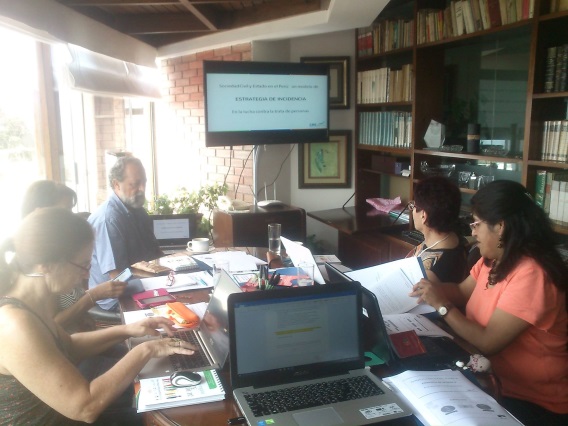 In February GAATW-IS organised a meeting in Lima with LAC members ECPAT Guatemala, Corporación Espacios de Mujer (Colombia) and CHS Alternativo (Peru), and a new ally from Bolivia, Fundación La Paz. The aim of the meeting was to lay the foundations of a new project to monitor anti-trafficking measures in Latin America.
In February GAATW-IS organised a meeting in Lima with LAC members ECPAT Guatemala, Corporación Espacios de Mujer (Colombia) and CHS Alternativo (Peru), and a new ally from Bolivia, Fundación La Paz. The aim of the meeting was to lay the foundations of a new project to monitor anti-trafficking measures in Latin America.
The objective of the project is to show the gaps between anti-trafficking policies on paper and in practice, to identify policies that are working and those that are not well implemented.
During the investigation and analysis process, we will work proactively to collaborate with the respective governments. This work will then be used to provide recommendations to improve the services for trafficked persons.
The project aims put a start to a future monitoring process in Latin America.
Migrant Workers’ Experience of Accessing Justice: A Workshop to Discuss Conceptual Issues and Researcher Methodologies
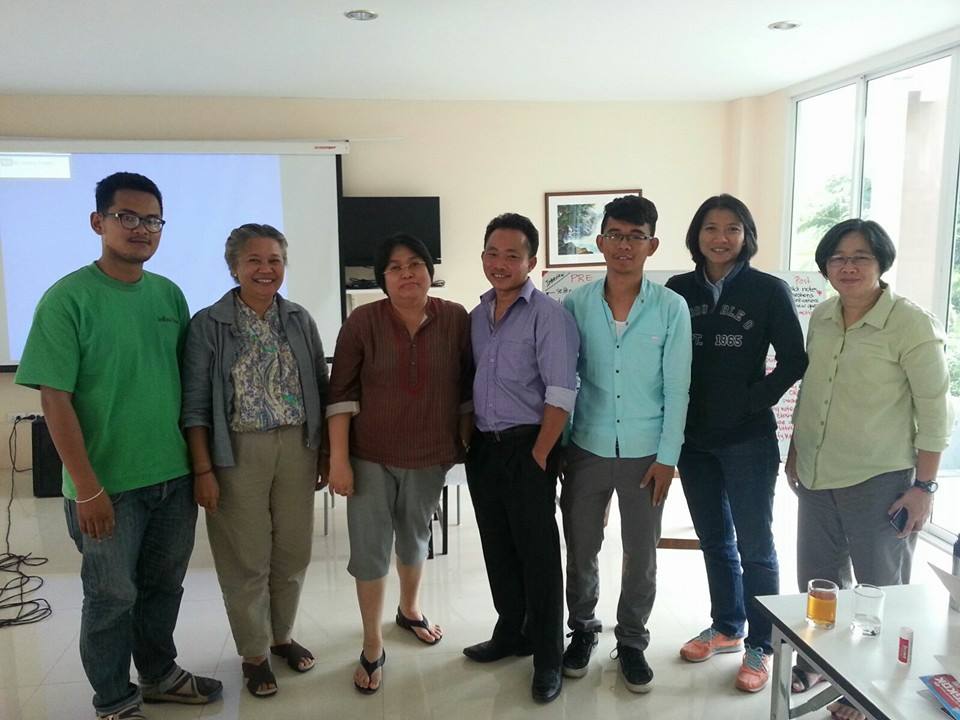 On 9-11 March, GAATW-IS organised a research methodology workshop to kick off the participatory action research (PAR) project by GAATW and the Legal Support for Children and Women (LSCW), Cambodia. The research project aims to understand and analyse the access to justice scenario from the perspective of Cambodian migrant workers and engage with legal service-providing NGOs in Cambodia and Thailand. The workshop highlighted GAATW’s experience in using PAR, as a methodology to involve stakeholders to influence positive change through action. Having the view and experiences of the migrant workers at the center of our project analysis, we aim to base our actions in better, broader, understanding of ‘justice’ and accessibility for migrant workers.
On 9-11 March, GAATW-IS organised a research methodology workshop to kick off the participatory action research (PAR) project by GAATW and the Legal Support for Children and Women (LSCW), Cambodia. The research project aims to understand and analyse the access to justice scenario from the perspective of Cambodian migrant workers and engage with legal service-providing NGOs in Cambodia and Thailand. The workshop highlighted GAATW’s experience in using PAR, as a methodology to involve stakeholders to influence positive change through action. Having the view and experiences of the migrant workers at the center of our project analysis, we aim to base our actions in better, broader, understanding of ‘justice’ and accessibility for migrant workers.
Anti-Trafficking Review Call for Papers
The Anti-Trafficking Review calls for papers for a themed issue entitled ‘Where’s the Evidence?’, to be published in April 2017.
Responses to, and international interest in, human trafficking have proceeded apace over the past 15 years in line with the adoption of the UN Trafficking Protocol. Yet, a great deal of anti-trafficking work is based on assumptions that are not well-proven and infrequently questioned. Why, for example, do some regions or groups emerge as trafficking hot-spots to become ‘intervention intensive’? How do anti-trafficking actors justify and explain the need to continue work in a particular area, or with a particular group? Similarly, anti-trafficking measures often continue in the absence of efforts to monitor and evaluate their effectiveness. How, in these circumstances, can the value of anti-trafficking work be estimated? On what basis is funding continued or denied to organisations undertaking such interventions? There has been some critical reflection on these issues, with a number of commentators questioning the production, global circulation and validity of statistics on human trafficking in particular. Statistics often take on a life of their own, despite their often questionable genesis, whilst the place and value of qualitative approaches in the field is also open to some scrutiny. Qualitative research methods are not necessarily any more robust in this relatively young field, and critics have questioned unethical and sometimes directly harmful methods of both qualitative and quantitative data collection and analysis.
This special issue builds on such work, to critically explore the question of evidence in both the characterisation of human trafficking and in evaluating the merit of anti-trafficking work. The Debate Section of this issue will invite authors to defend or reject the following proposition: ‘Global trafficking prevalence data advances the fight against trafficking in persons.’
Read the full announcement here. Deadline for submission is 1 July.
Review Meeting with partners for the Work in Freedom Project
In collaboration with the ILO, GAATW-IS organised a review meeting for the Work in Freedom (WIF) project to discuss the learning process and the experience of project partners. The meeting brought together representatives from the ILO South Asia country programs and WIF partner organisations from Bangladesh, India and Nepal.
The project looks at the valuable role of NGOs in enabling the women to make informed decisions in the migration process, as a means to prevent trafficking of women and girls. GAATW provided expertise in building the capacity of community workers so they can do their work better (i.e. understand and analyse women’s realities from a feminist perspective and work with them to enable them to make a well-informed decision).
The review meeting was an occasion to reflect on the concept of women’s empowerment and the work carried out by partners at the community level. This meeting was also an input session for GAATW’s planned publication for a ‘Community Workers’ Handbook.’ This publication will document some of the practical learning from partners and present thematic areas which will be useful in knowledge and skills building for community workers.
The other purpose of this review meeting was to assess what has really worked well and to learn lessons from the challenges. Findings from the ILO invaluability assessment were presented on the last day. It looked at the entire project from rights based approach and presented how the project can move forward.
Screening of the films Ticket to Paradise and Becky’s Journey
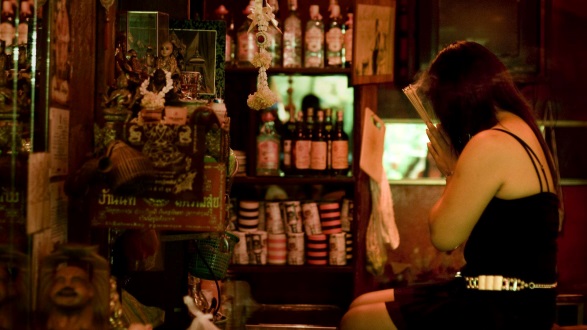 On 18 February GAATW-IS organised the screening of two films about migration, sex work and human trafficking - Ticket to Paradise and Becky’s Journey at JAM Bar and Café in Bangkok.
On 18 February GAATW-IS organised the screening of two films about migration, sex work and human trafficking - Ticket to Paradise and Becky’s Journey at JAM Bar and Café in Bangkok.
Ticket to Paradise (2008) is set in the northeast of Thailand and revolves around the lives of several women who are married to, or aspiring to marry, Danish men. It explores their relationships with their families, children and Danish husbands, and the choices that they need to make to achieve their goals – one of the women has to leave her child behind, while for another the ticket to paradise is through the sex bars in Pattaya.
Becky’s Journey (2014) tells the story of a 26-year-old Nigerian woman who wants to go to Europe to sell sex. The film is about migration, sex work and human trafficking seen from the perspective of Becky. Through interviews with Becky and sequences of everyday life, we sense the feelings of limbo and immobility that permeate Becky’s life.
The screenings were followed by a discussion with the Danish filmmaker and social anthropologist Sine Plambech. She told the audience about the lives of the Thai women in Denmark at the moment – seven years after the film was made. Some had succeeded in building a new and better life for themselves and their children in Denmark, others were facing difficulties. The audience engaged in lively discussions about migration for marriage, support for the family back in Thailand, human trafficking and sex work. The screenings were part of the efforts of GAATW-IS to increase its engagement with the community in Thailand.



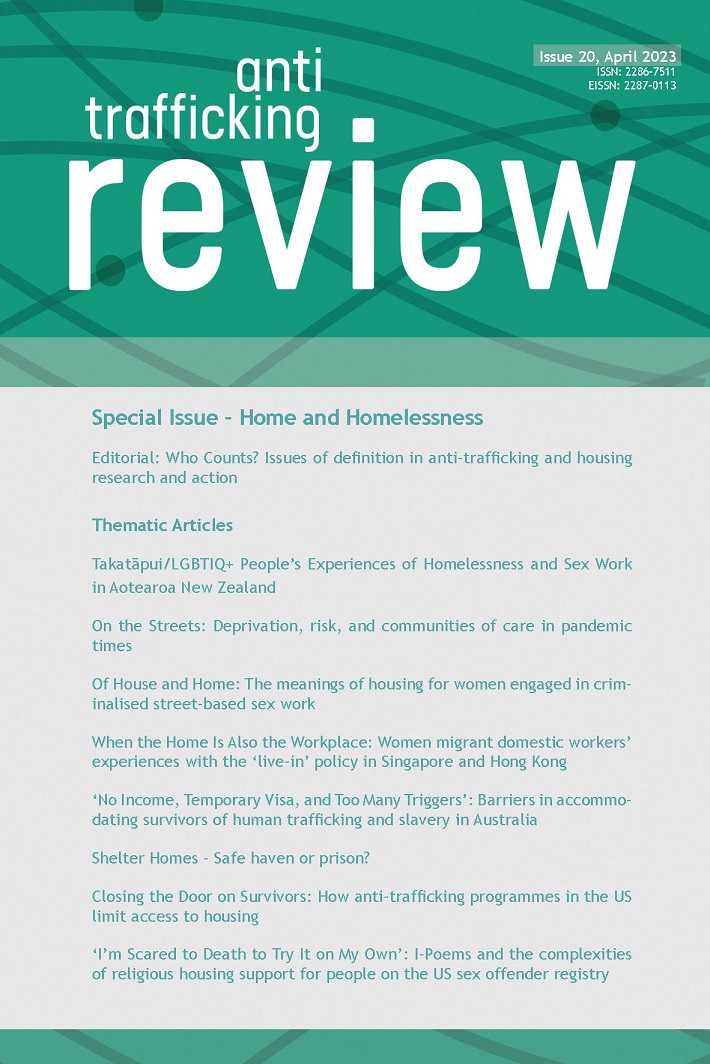
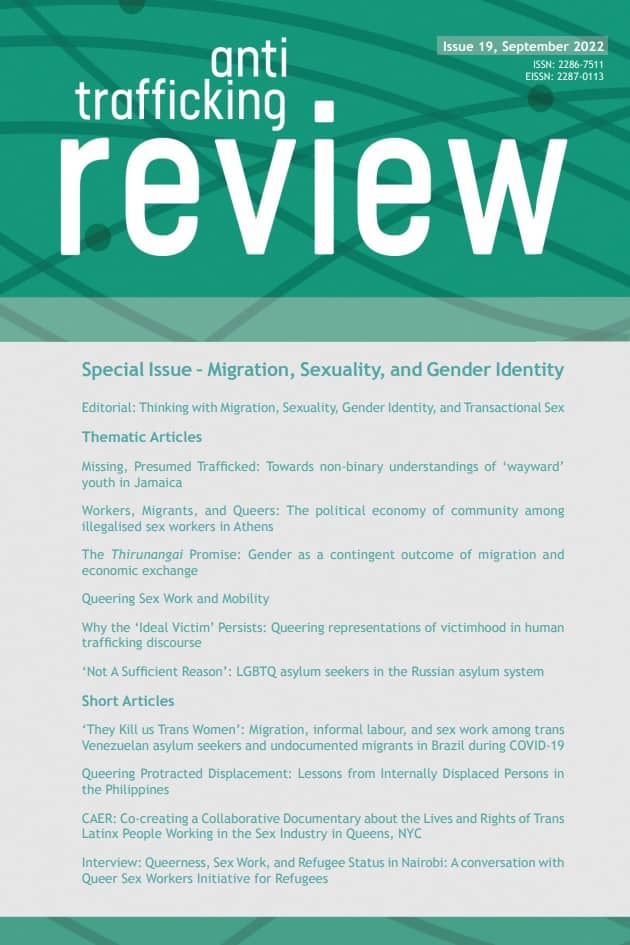
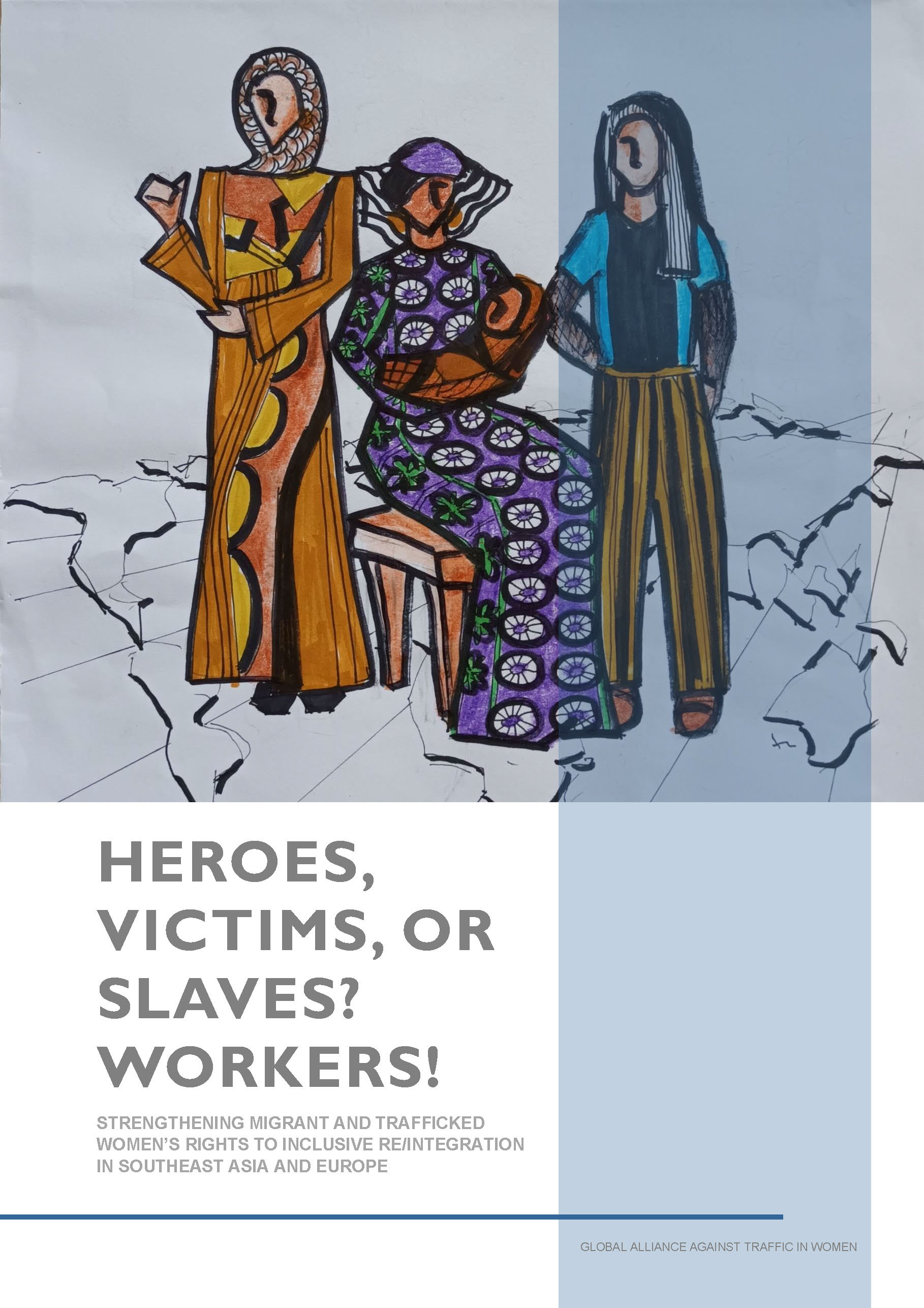
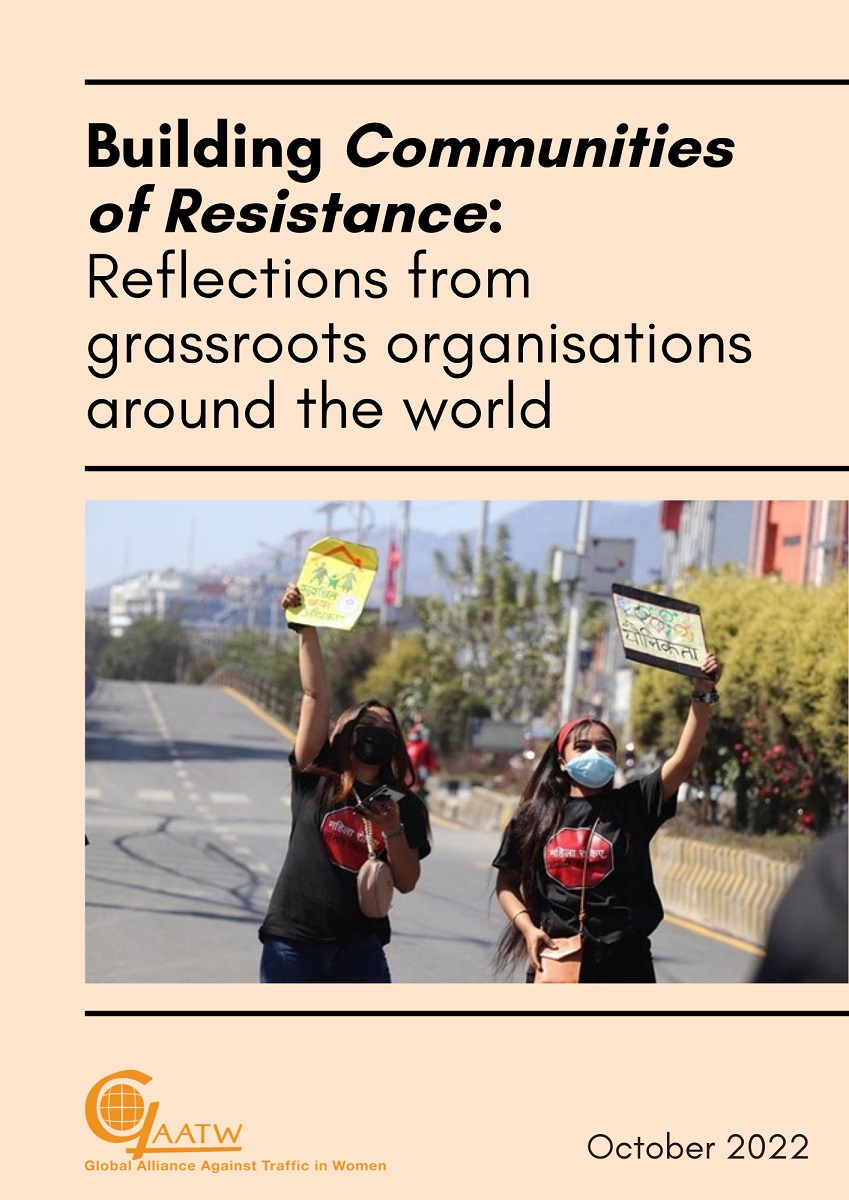
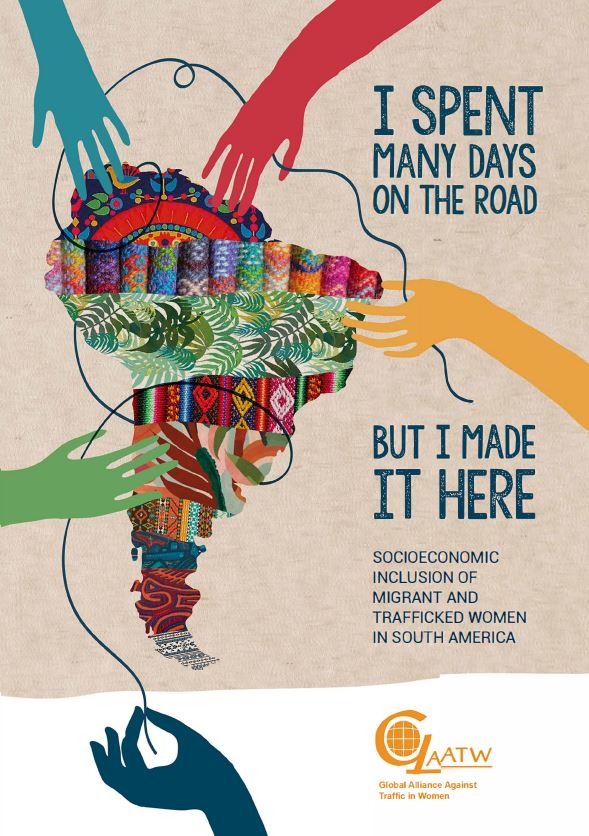
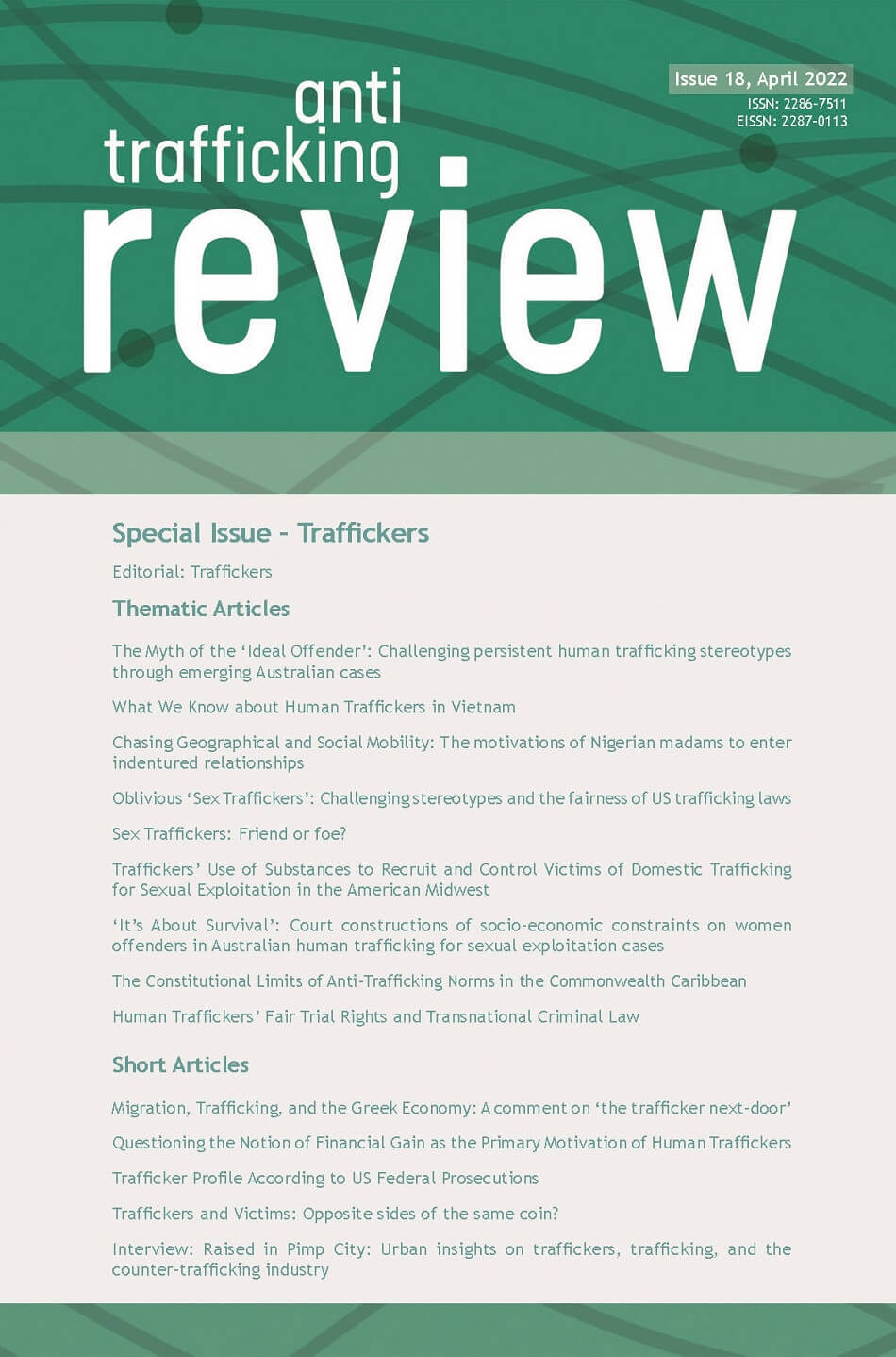
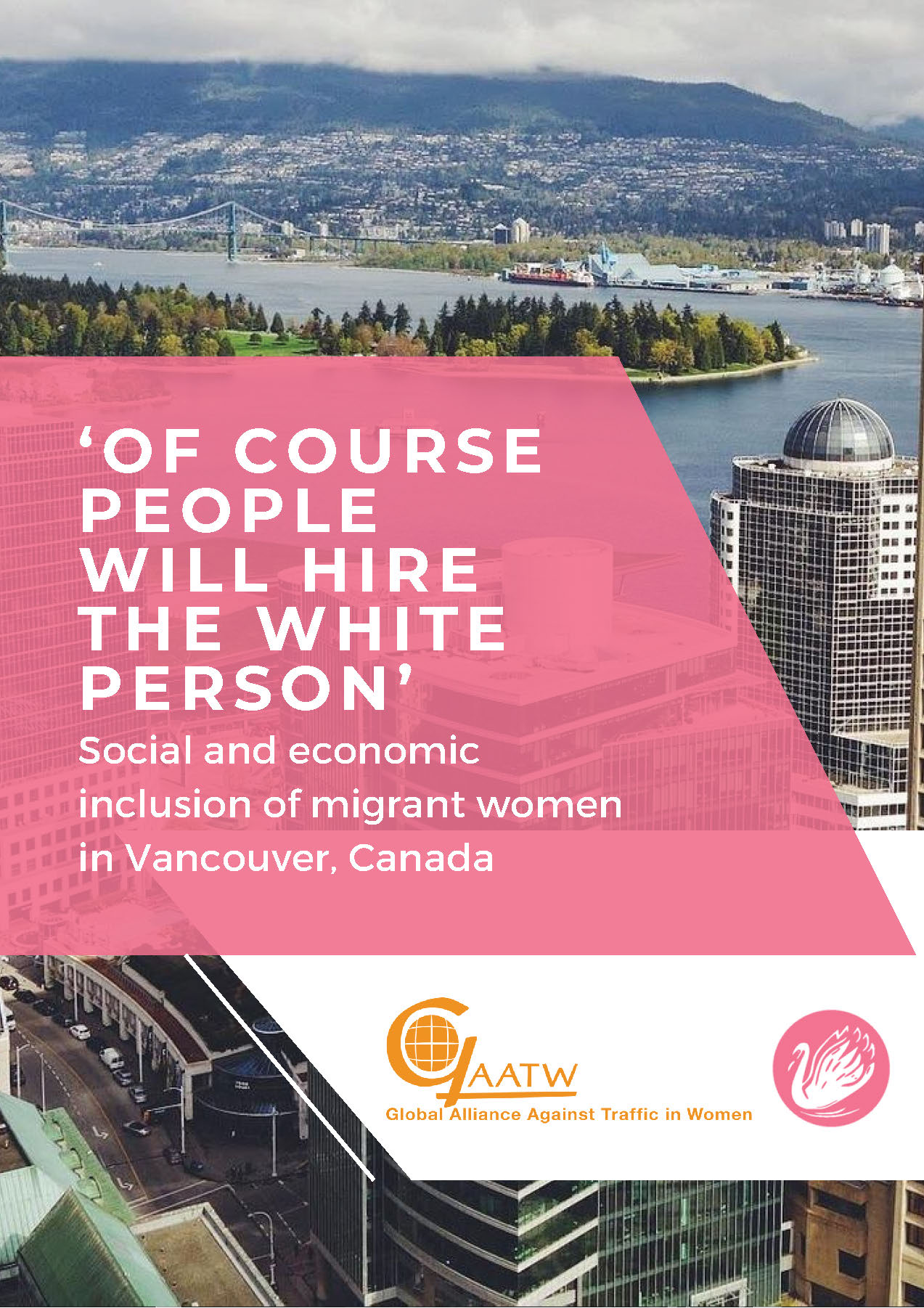
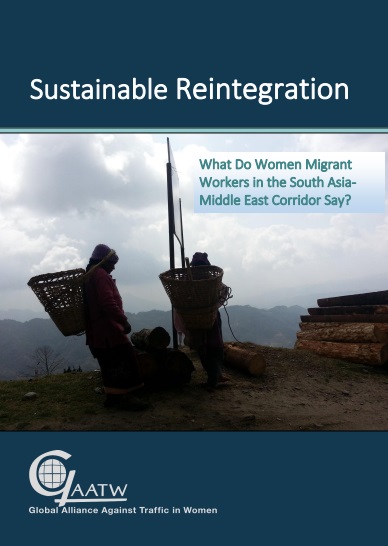
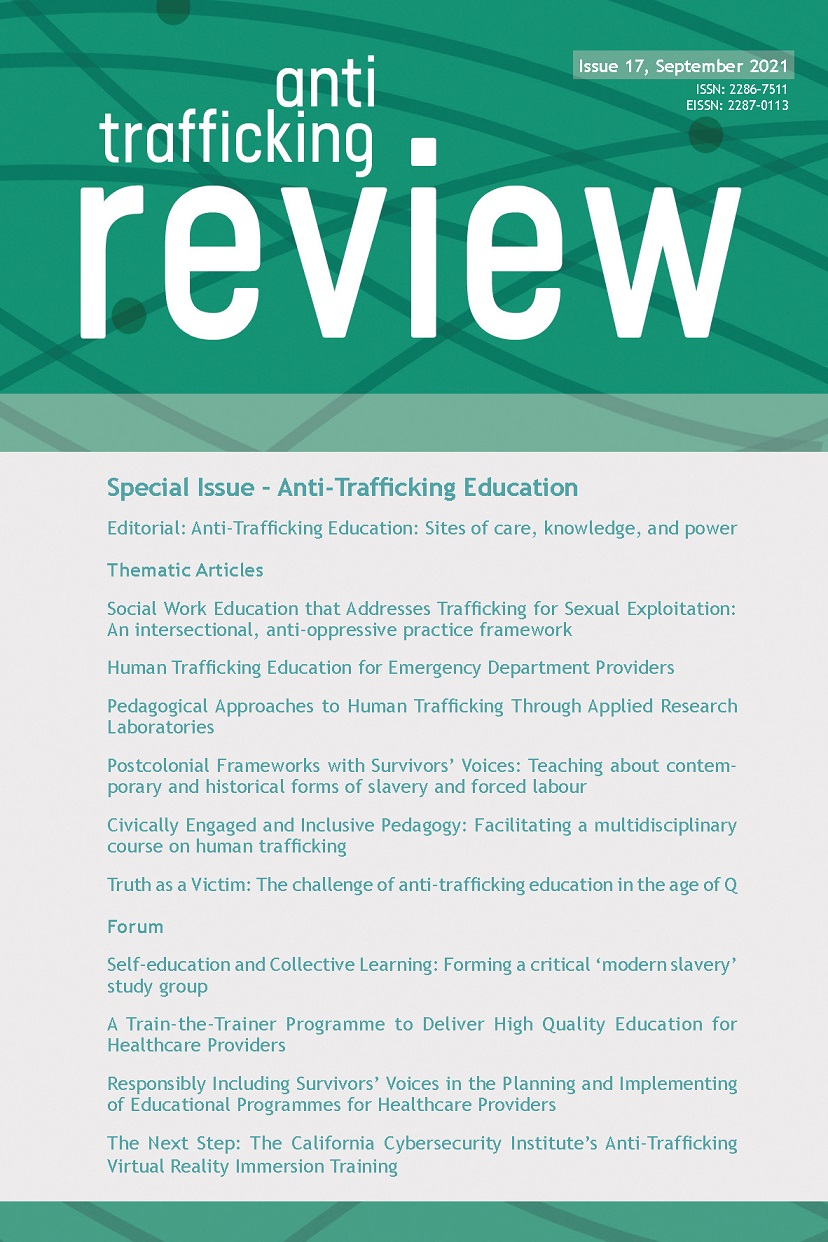
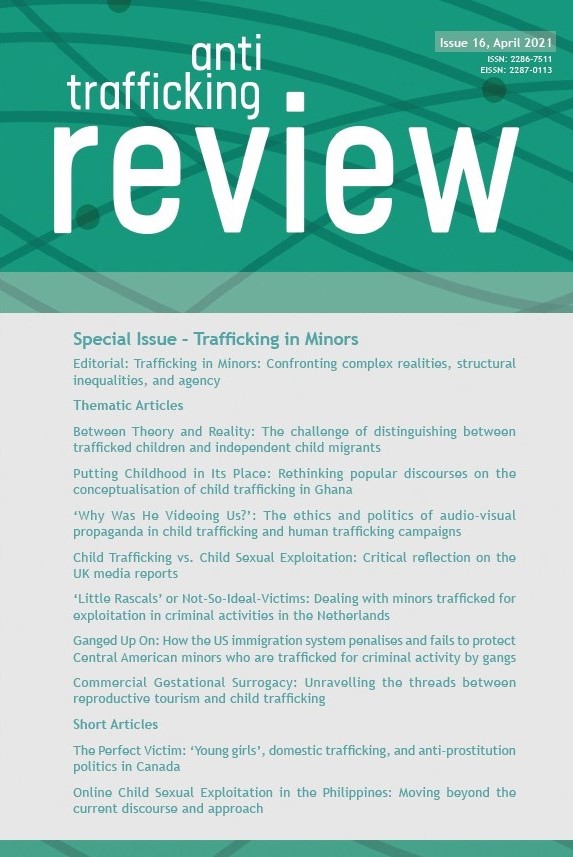
.pdf - Adobe Acrobat Pro 2_8_2021 4_36_32 PM.png)
